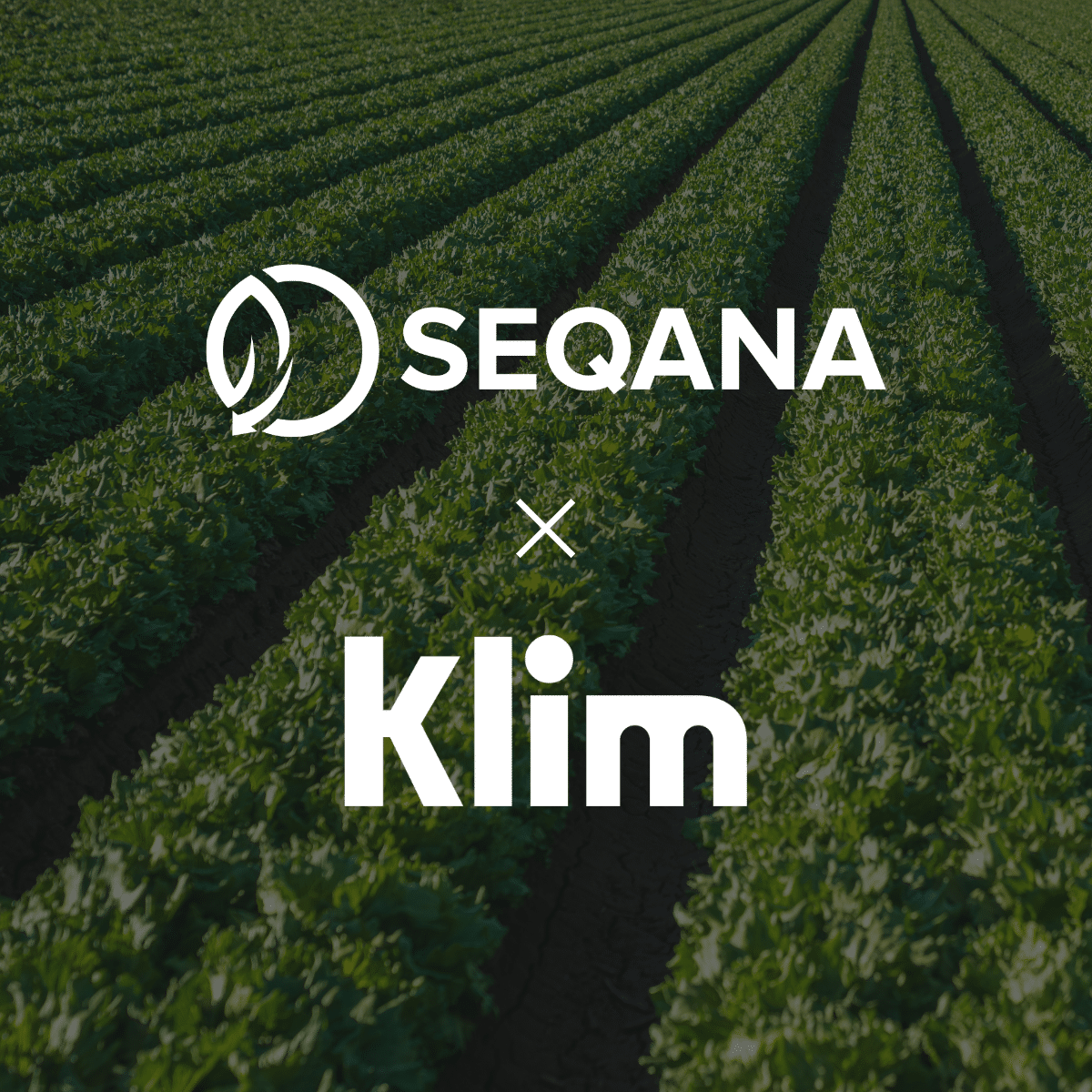Key Takeaways
- Seqana and Klim have partnered to implement soil sampling designs across 29,000 hectares of croplands in Germany.
- The collaboration supports Monitoring, Reporting, and Verification (MRV) of soil organic carbon (SOC) in regenerative agriculture projects.
- Seqana developed customized, precision-driven sampling designs using remote sensing and machine learning.
- The project aims to demonstrate the scalability and efficiency of SOC monitoring across large agricultural landscapes.
- The collaboration lays the foundation for future engagement in climate-focused agricultural initiatives.
Seqana & Klim: Strategic Soil Sampling for Carbon Removal Initiatives
Seqana, a provider of geospatial and data-driven solutions for climate action, and Klim, a platform promoting regenerative agriculture, have announced new projects focused on soil organic carbon (SOC) monitoring across Germany.
The initiative spans 29,000 hectares of croplands and is designed to support large-scale carbon removal efforts through Monitoring, Reporting, and Verification (MRV) frameworks. The goal is to provide scientifically valid insights while making soil sampling operations more efficient and scalable.
Tailored Sampling Designs for Klim’s Requirements
To meet Klim’s specific project needs, Seqana developed standard-compliant, precision-driven sampling plans based on cropland data provided by Klim. Using remote sensing and machine learning tools, Seqana created a streamlined sampling roadmap that emphasizes efficiency without compromising scientific rigor.
Key outcomes included:
- Optimized geolocation targeting for fieldwork.
- Reduced sample size while maintaining statistical confidence.
- Custom stratification tailored to the landscape and project goals.
“Seqana transformed the complexity of planning soil sampling into a seamless process,” said Olga Ogneva, Soil Sample Campaign Manager at Klim. “Their precise stratification and tailored plans align perfectly with our criteria. Collaborating with their expert team and benefiting from proactive advice has been vital in advancing our mission.”
Seqana & Klim: Supporting Regenerative Agriculture at Scale
This collaboration is part of both organizations' broader missions to advance regenerative agriculture and promote the restoration of soil health as a climate solution. By integrating technology and agronomic planning, the initiative aims to showcase how large-scale SOC monitoring can be practically implemented.
“We are excited to support Klim as they continue to scale their efforts in regenerative agriculture and carbon removal in Germany and beyond,” said Jakob Levin, Co-founder of Seqana. “Their farmer-first approach aligns with the values we hold at Seqana.”


